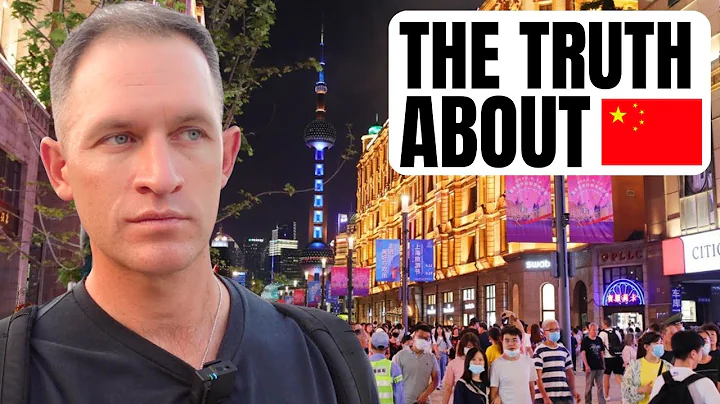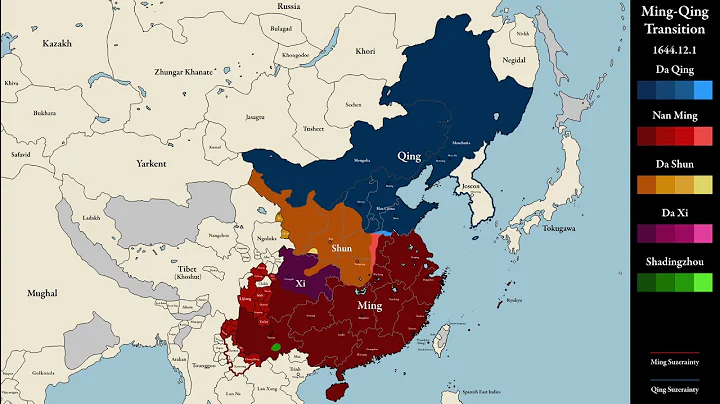In the Qing Dynasty, the eight surnames of Manchu Tongjia, Guarjia, Majia, Suotuoluo, Hesheli, Fucha, Nala and Niuhulu were eight prominent Manchu surnames. It is commonly called "Manchuria eight major surnames". To the end of the Qing Dynasty and the beginning of the Republic of China, the Manchu surname changed to Han. What have been changed to the "eight surnames in Manchuria"? Why should it be changed?

Guarjia, Yuan Dynasty, Guarjia's Jurchen surname was "Gulijia Surname". Since the mid-Qing Dynasty, the Guarjia clan has used the Chinese character "Guan" extensively. The surname has been used since then. Because the ancient surname was "Guli Jia said Wang", some of them were changed to "Wang". In addition, they were changed to "Shi" and "Bai".
Tong Jia's original surname is the Jurchen family surname "Jiagu Shi", "Jiagu Ritong" is recorded in "Jin Shi·Guoyu", and Tong and Tong are homophones with different characters. The surname changed from Manchu to Han. Tong Jia's surname was mainly changed to "Tong", and some were changed to "Tong, Dong, Zhao, Gao" and other surnames.

Ma Jia clan, Ma Jia clan was originally scattered in Suifen, Ma Jia and other places. It was named "Fei Mo clan" in Yuan Dynasty and later changed to "Pei Man clan". "Pei Man called Ma", so some of the Majia clan later changed it to "Ma", but the main reason was to change the "Ma" surname.
Suo Chuo Luo family, originally Haixi Nuzhen, from the Yuan and Jin Dynasty to the Qing Dynasty, Suo Chuo Luo family used "Niman Gu family", "Nimaha family" and so on. At the end of the Qing Dynasty and the beginning of the Republic of China, most of the Suo Chuuo Luo family were more "Suo" surnames.
The Heshe Li family was named "Heshi Lie Family" in Yuan and Jin Dynasty. The Han surname of the Hesheli family was mainly changed to three surnames. In addition to the "He" surname, there is also the "He" surname which is homophonic with "He". At the same time, some people changed to the Chinese translation of "Heshilieshi" as "Gao". name.
Fucha, "Fucha" is the oldest surname of Jurchen, one of the "General Thirty Surnames" of Jurchen at the end of Tang Dynasty, and was used in Yuan and Jin Dynasty. In the late Qing Dynasty, the surname was mainly changed to "Fu", and there were also equivalent surnames of "Fu" and "付".
The Nala family was scattered in Yehe, Wula, Hala, Huifa and other places in the Ming Dynasty. Before Ming Dynasty, "Nala" was also known as "Na Ci", and "Na Ci" was translated as "Kang" in Chinese. Therefore, some of the Nala tribes were changed to "Kang" surname, and most were changed to "Na" surname. .

Niu Hulu's, "Niu Hulu" is translated into "Wolf" in Chinese, and usually the homophone "lang".
Then, why did the Manchu change the Chinese surname? Avoiding misfortune is one of the important reasons, but not the only reason. After the outbreak of the Revolution of 1911, the Qing dynasty quickly went to an end. At that time, the Manchu banner people living in scattered areas were worried about retaliation and used Han surnames to pack them. In addition to avoiding misfortune, dynasties changed at that time, and many Baqizi brothers were living on the streets. Due to their livelihood, they had to be packaged with Chinese surnames to facilitate employment. Furthermore, in fact, since the middle of the Qing Dynasty, many Manchus actually bear Han surnames, which has a lot to do with the integration of Manchu and Han nationalities.

History has become a cloud of smoke. Nowadays, the Manchu and Han family are both sons and daughters of China. The author believes that both Manchu and Han people are both Chinese, and they should be equal, coexisting, harmonious and mutually assisting, and work together to build a great motherland!





















